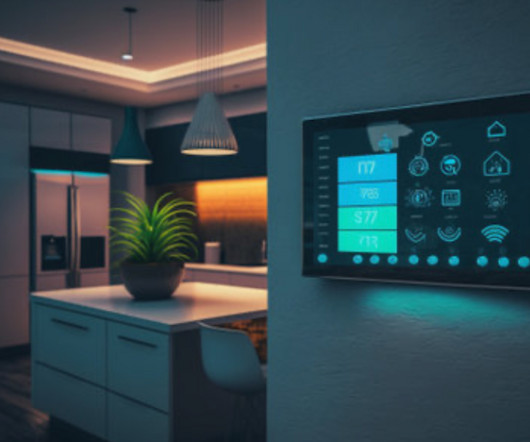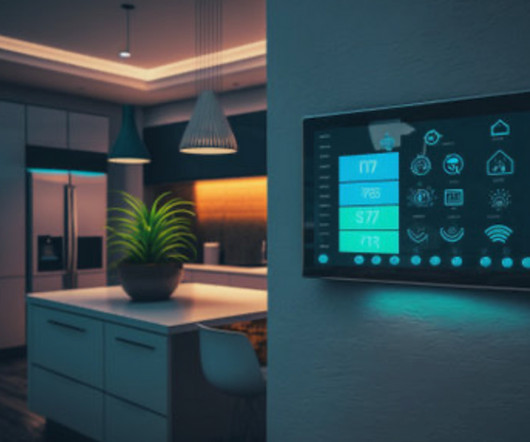When Social Determinants of Health Limit Virtual Care Access
GlobalMed
AUGUST 3, 2021
Technical literacy, such as knowing how to use devices and interact with electronic health record (EHR) portals and video interfaces. These three components are known as digital health readiness – and when it comes to underserved patients, much of their readiness is limited by social determinants of health.














Let's personalize your content